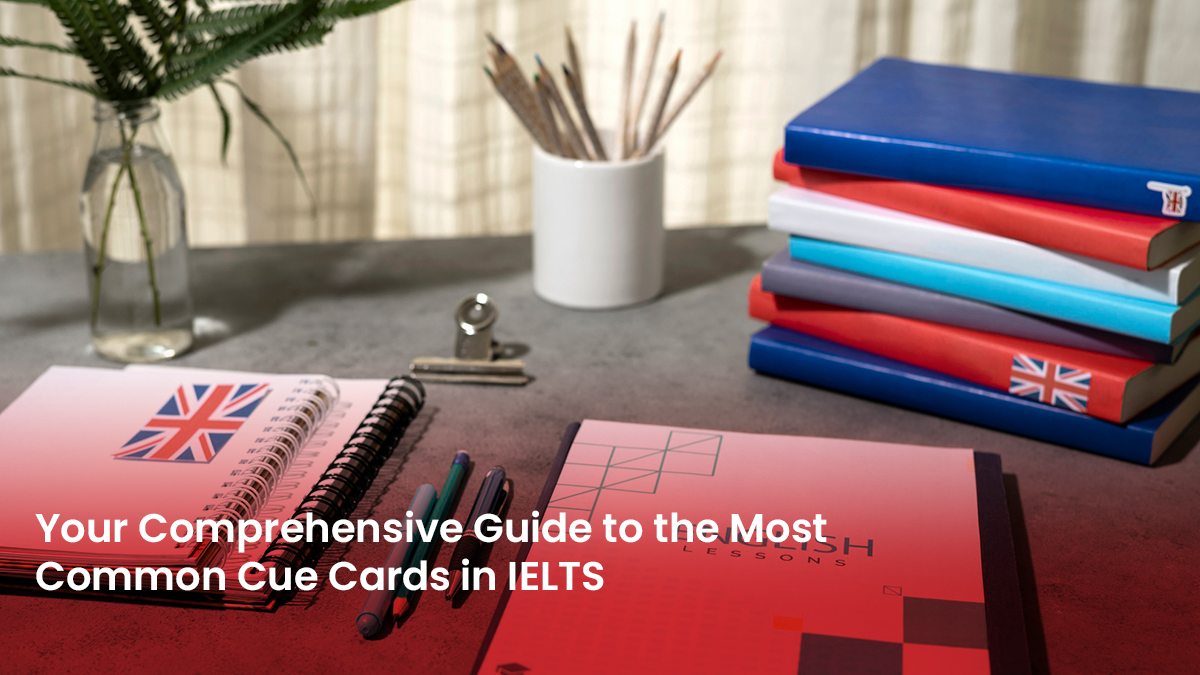Spain offers a lot of housing options for international students. If the student wants to stay near the institution and try the full campus life experience, there are dormitories located on-campus.
However, if they want more freedom and independence from the institution, or if they’re looking for other types of accommodations, there are private rentals, in the form of apartments, studio apartments, rooming houses, and homestays. In that case, you will be leasing a place.
If you belong to the second group of students, here are some of the things you need to know about leasing in Spain.
How Do You Find a Place to Rent in Spain
Before you can lease a property, first, you need to look for one that suits your needs, and of course, your budget. Usually, there are three ways to do it.
Through a Real Estate Agent
The most common way that most foreign nationals looking for rentals is through real estate agents, which you can find online, in the newspapers, or through referrals.
If you found the property advertised by the agent, remember that it is the responsibility of the landlord to pay them. However, if you are the one who asked the help of an agent to find you a property that you like, you may have to pay for their service.
Checking Online
You can also check for properties you can rent online. Here are some of them.
Through your Institution
As an international student, you have the privilege of asking for assistance from your school. You may ask your school’s housing or international department, whichever is available. They can give you advice on the following:
- Leads or places where most international students rent
- Direct you to a website or organization that helps students find rentals
Leasing in Spain: What You Need to Know
Tenancy Agreements
In Spain, tenancy agreements can be written or verbal. However, for the sake of your security and your rights as a renter, insist on having everything in writing.
Also, this way, you can ask for legal advice from your institution.
Usually, tenancy agreements in Spain last for at least one year, which can be renewed every year.
Deposits and Paying the Rent
As part of your initial payment, and before moving in or upon moving in, you may be required to pay for a deposit, on top of your first month’s rent. By law, deposits should be equivalent to a month’s rent, and they should be refundable.
The only reasons it won’t be refunded will be due to the following:
- Unpaid bills
- Damage to the property
- Unpaid rent
- Leaving the property earlier than expected
Moreover, the tenant should get copies of bills, and repairs shouldered by the landlord as proof the deposit has been used for those purposes.
Requirements
To lease a property, your real estate agent may ask you to provide the following requirements:
- Evidence of your ability to pay the rent
- Tax Identification Number (if applicable, and if you are working)
- Passport or ID
- Personal references
Moving Out
At the minimum, the notice period for moving out of a rental in Spain is 30 days or depending on your written agreement with your landlord. During that time, you have to check the inventory and request an inspection from your landlord. That way, you may be able to have the chance to get your deposit back once you finally leave the place.
Leasing in Spain may be a bit difficult for students, especially if they’re not that fluent in Spanish yet, as some landlords may only be speaking Spanish. However, do not forget that in those cases, you can always ask the help of your institution to walk you through some of the processes of it, or even translate your tenancy agreement, or explain them to you.
If you want to learn more practical information about living and studying in Spain, check out our articles at MSM Unify.


























